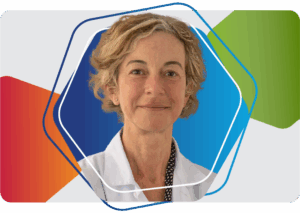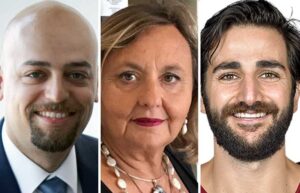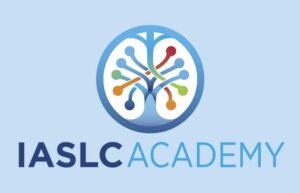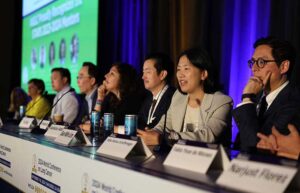Presenter Profile: Brendon Stiles, MD
Chief, Division of Thoracic Surgery and Surgical Oncology
Associate Director, Surgical Services, Montefiore-Einstein Comprehensive Cancer Center
Professor of Cardiovascular & Thoracic Surgery
Albert Einstein College of Medicine, Montefiore Medical Center, New York
ILCN: What is your presentation about?
My talk addresses a topic that is a bit controversial. I was asked the question of whether giving chemotherapy and immunotherapy to patients with locally advanced lung cancer can “convert” patients whose tumors were originally thought to be unresectable to surgical candidates. Unfortunately, “resectability” like beauty, is in the eye of the beholder and can be fairly subjective! It therefore becomes very important to define what we mean when we talk about this topic.
ILCN: Why is this topic timely or important in 2024?
This is really timely! Incredible advances have been made in neoadjuvant therapy with the addition of immunotherapy to standard chemotherapy. We are now seeing significant treatment effects and even complete killing of the tumors (pathologic complete response) in about 20-25% of patients. With such remarkable responses, it seems natural to ask the question of whether we can shrink tumors and surgically remove those that initially appeared inoperable. It may also be that treating with chemotherapy and immunotherapy has a positive effect on the outcomes for those patients whose tumors are treated with radiation instead of surgery. There are lots of trials going on in both areas.

15:30-16:45 PDT, Monday, September 9
Room 31ABC, San Diego Convention Center
Surgical Challenges and Opportunities in Locally Advanced NSCLC
Brendon Stiles, MD, will explore the question “Does Neoadjuvant I/O Redefine Resectability for Stage III NSCLC?” during an education session.
ILCN: How did you become involved with this area of lung cancer research, care, or advocacy?
I have enrolled and operated on several patients who have received neoadjuvant immunotherapy and have seen some of the tremendous responses firsthand. I am also fortunate to interact with a lot of leaders in this field.
ILCN: What are you most looking forward to during the 50th Anniversary World Conference on Lung Cancer?
I love how WCLC brings all of the stakeholders together under one umbrella. It is incredible to interact with physicians and scientists from all of the specialties in our field. And it is just as incredible to catch up with patients, advocacy groups, and industry partners and to share recent data and brainstorm ideas for the future! This is all done with the goal of improving outcomes for our patients diagnosed with lung cancer.












